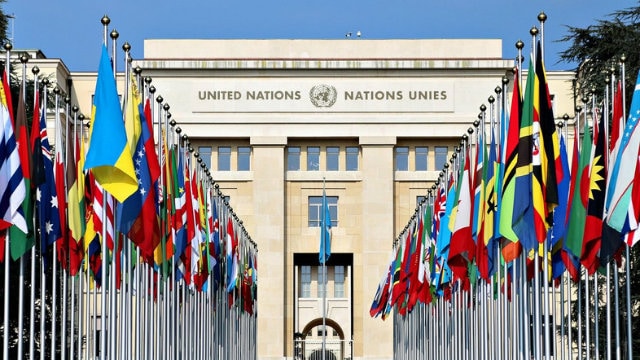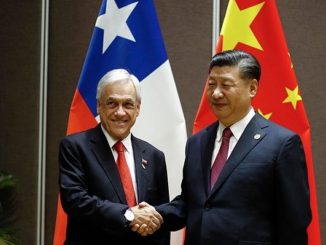
Isabel Cocker/The Santiago Times Staff
NEW YORK – The Chilean government was informed on Monday that it had been chosen by the United Nations General Assembly (UNGA) to be a part of the 2018-2020 U.N. Human Rights Council (UNHRC).
The State responded to the announcement by announcing that “the election of Chile is an acknowledgement by the member states of the United Nations of Chile’s leadership in the promotion and protection of human rights.”
The announcement was signed by Heraldo Muñoz, the current Chilean Minister for Foreign Affairs and a previous ambassador to the U.N., and underlined that “Chile will participate with constructive focus based on dialogue, which will emphasise the need for a progressive development of the International Rights of the Human Rights Council and in the sphere of their international obligations.”
The UNHRC is made up of 47 members who are elected by the General Assembly for 3-year terms. No member is allowed to serve more than 2 consecutive terms, and the members are elected depending on the quota for their region – 13 seats for Asia, 13 for Africa, 6 for Eastern Europe, 8 for Latin America and the Caribbean and 7 for Western Europe and Others. Chile last served on the council from 2008-2014, holding its seat for the maximum time permitted.
The Human Rights Council was created in 2006, replacing the previous Commission on Human Rights which was set up in 1946 when the UN was first conceived. The Commission on Human Rights had received much criticism over its structure, most notably on the poor human rights record of several of its member states and its lack of action in the face of human rights atrocities.
This year again the Council has come under some criticism for the choices of representatives elected for the 2018-2020 term. The Guardian highlights the election of Pakistan and the Democratic Republic of Congo as being most concerning – the first for still retaining the death penalty for actions such as blasphemy, and the second for its use of child soldiers and the high rate of extrajudicial killings.
The elections this year were largely a formality with most seats going unchallenged. Each country in the region has a choice to “bid” or not for a seat on the council which is then voted on by the General Assembly. The only competitive region for this term was Asia, where there were 6 countries bidding for 4 open seats, due to the majority of states opting to stay on the council for a consecutive term.



